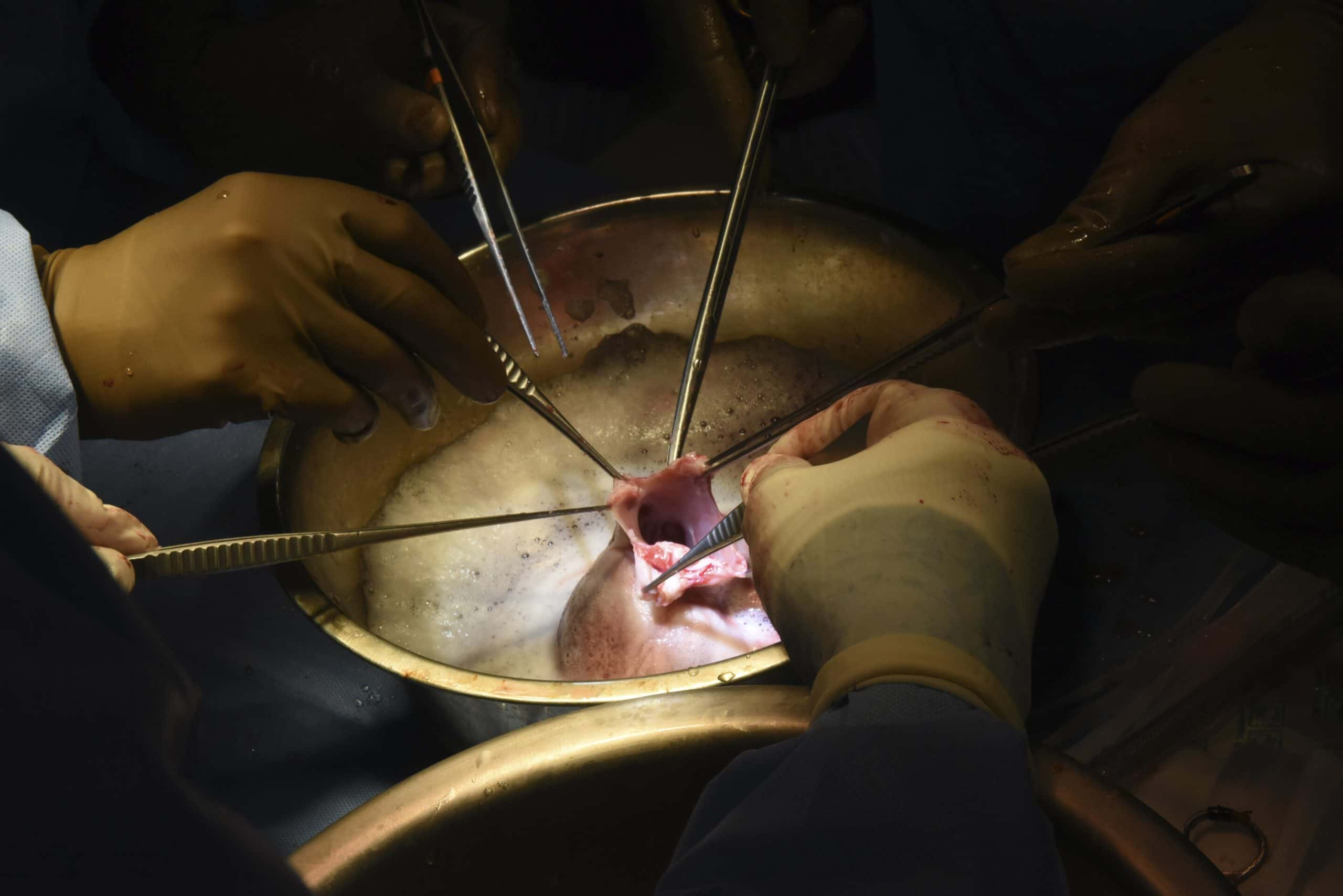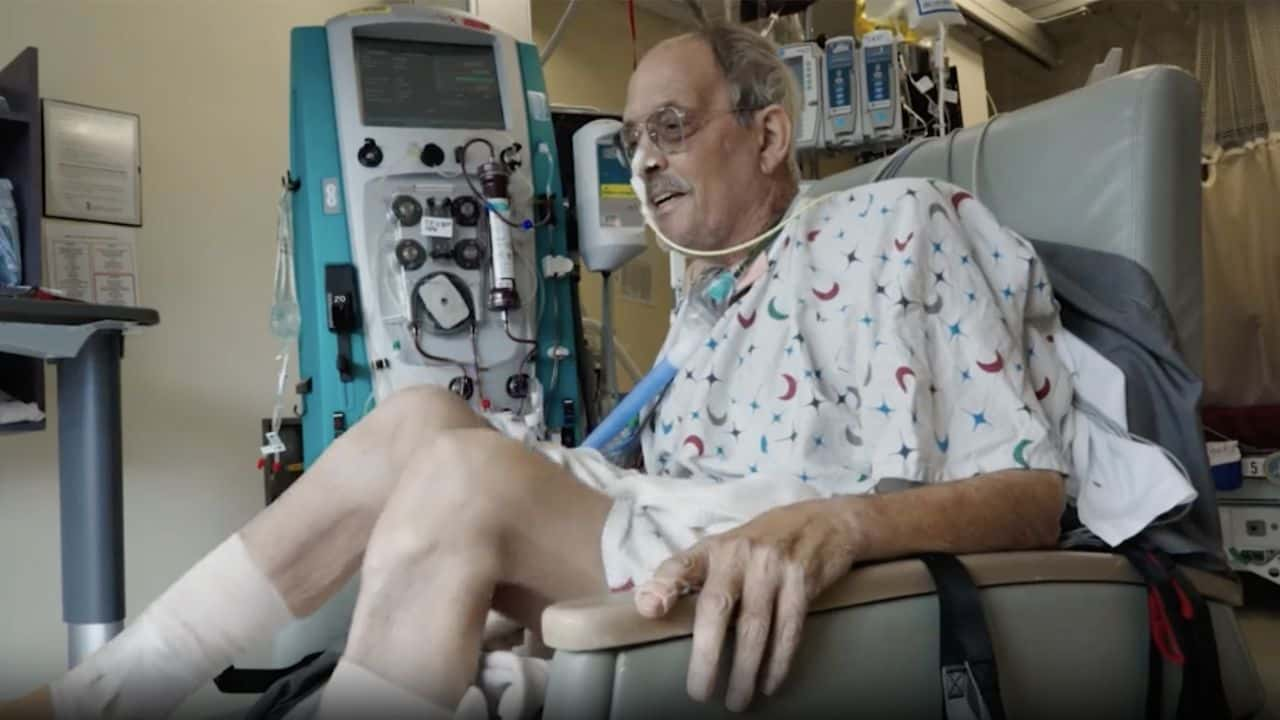Lawrence Faucette, 58, the second person to receive a pig-to-human heart transplant, passed away nearly six weeks after the groundbreaking procedure, as announced by his Maryland medical team on Tuesday.

Lawrence Faucette, suffering from heart failure and ineligible for a conventional heart transplant, received the genetically modified pig heart on September 20
Initially, the University of Maryland School of Medicine reported the heart appeared healthy, but it began displaying signs of rejection in recent days, leading to Lawrence Faucette’s unfortunate demise on Monday. Ann Faucette, Lawrence Faucette’s wife, expressed that her husband recognized the limited time he had and viewed this as his final opportunity to make a difference. She noted he never anticipated surviving as long as he did. Dr. Bartley Griffith, the lead surgeon in the transplant at the University of Maryland Medical Center, shared that Faucette’s last wish was for them to apply the knowledge gained from their experiences.
The first attempt at a genetically modified pig heart transplant was conducted by the same Maryland team last year. While the exact reasons remain unclear, traces of a pig virus were later discovered in the organ. Lessons from this initial endeavor led to improvements, including more rigorous virus testing, before the second attempt.
Xenotransplants, a pursuit of using animal organs for human transplant, have faced decades of failures due to immune system rejection
Scientists are now revisiting this avenue with pigs genetically engineered to make their organs more compatible with humans. Lawrence Faucette, a Navy veteran and father of two from Frederick, Maryland, sought out the Maryland hospital after being declined a traditional heart transplant due to other health complications. He hoped to spend additional time with his family.
In mid-October, the hospital reported Lawrence Faucette’s progress, highlighting his efforts in physical therapy to rebuild the strength needed for walking. Dr. Muhammad Mohiuddin, the head of cardiac xenotransplantation, stated the team will thoroughly examine the heart’s performance while continuing their investigation into pig organ viability.
Many scientists see xenotransplants as a potential solution to the severe shortage of human organ donors. With over 100,000 individuals on the national transplant waiting list, primarily in need of kidneys, thousands tragically pass away in anticipation. Several research groups have conducted tests with pig kidneys and hearts in monkeys and human cadavers, aiming to gather sufficient data for formal xenotransplant studies authorized by the Food and Drug Administration.
READ ALSO: Survey Reveals Slight Uptick In Abortions In The U.S. Following New Restrictions




